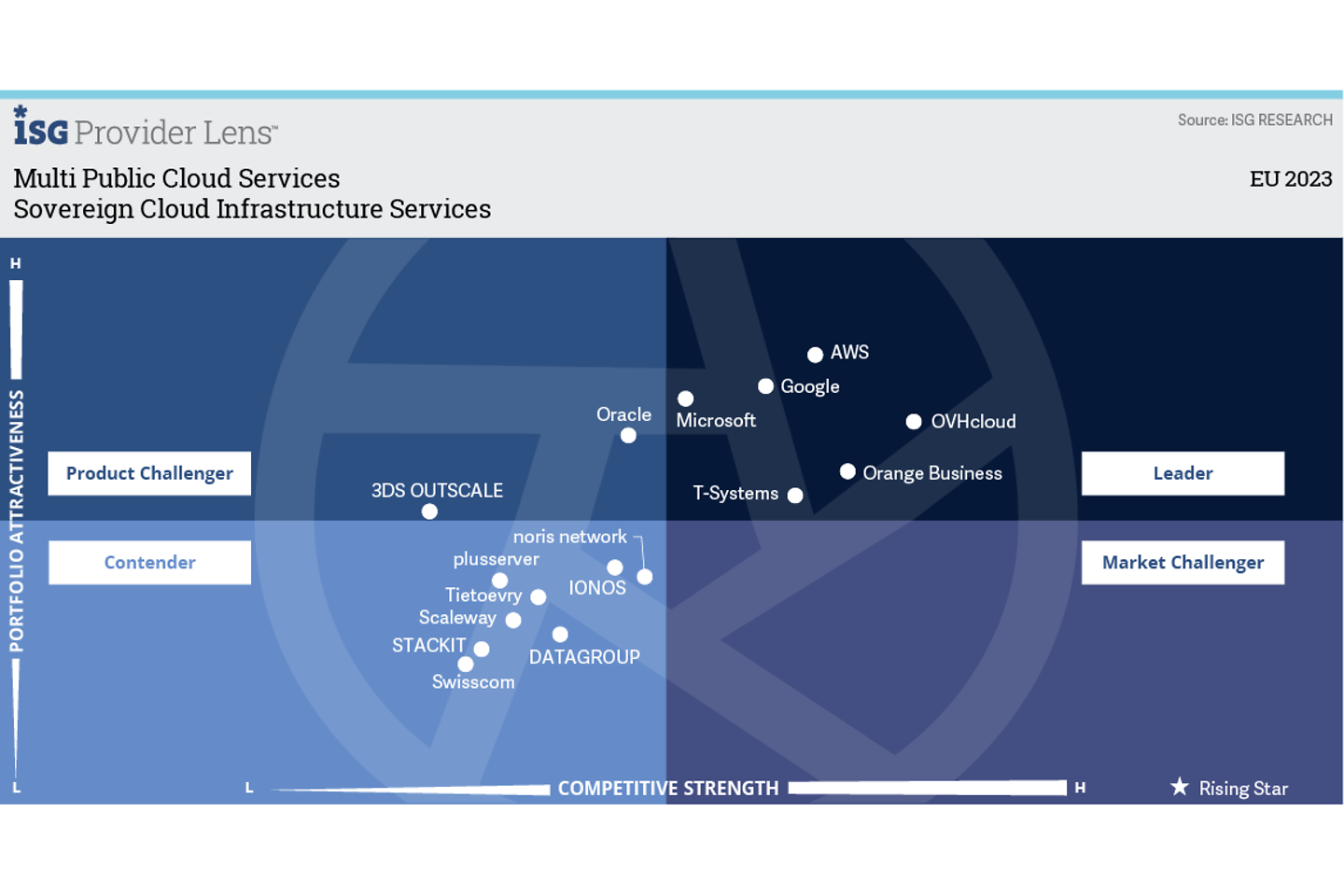In recent years, the concept of sovereign cloud services has gained significant recognition as companies and state actors seek to protect their information and comply with local standards. Sovereign cloud denotes cloud computing solutions that are hosted and managed within territorial limits of a sovereign state, ensuring that private information is stored and processed in conformity to national laws. As digital risks and worries over data sovereignty continue to escalate, the appetite for these specialized services has surged, leading to a rapid growth of domestic facilities.
This expansion reflects a larger transition in the global tech landscape, where organizations and public sector entities prioritize data security, compliance, and privacy. By harnessing the capabilities of local infrastructure, organizations are not only able to reduce risks associated with international data transfers but also enhance their operational efficiency. This article explores the rise of sovereign cloud solutions, highlighting the benefits they offer and the repercussions for businesses and state entities navigating the challenges of the digital age.
Comprehending Sovereign Cloud
The idea of the domestic cloud has arisen in response to increasing issues about information ownership and compliance with national rules. Sovereign clouds are data nodes and cloud services that are situated within a particular area, guaranteeing that data stays under the legal scope of that area. This is especially significant for organizations that process sensitive information, as they are obligated to comply to stringent data protection laws that change from country to state.
In an era where data breaches and online dangers are prevalent, companies are emphasizing the protection and management of their information. Sovereign clouds provide enhanced security measures and adherence features customized to national regulations. By staying information within national boundaries, organizations can lessen judicial liabilities and preserve trust with their customers. This movement is aiding businesses traverse intricate regulatory environments while still taking advantage of the advantages of cloud technology.
The growth of national cloud solutions is also shaped by international factors and the movement for technological autonomy. Nations are more and more realizing the need to retain oversight over their virtual infrastructure, reducing reliance on foreign cloud services. This has led to funding in local data centers and partnerships with domestic technology entities, fostering a new ecosystem that supports national priorities while encouraging creativity in the cloud solutions sector.
Benefits of Localized Infrastructure
One of the key benefits of localized infrastructure in the context of national cloud services is enhanced data sovereignty. Organizations can store and process their data within their own region, ensuring compliance with local legislation. This lowers the risk of legal complications associated with international data transfers and creates greater assurance among users regarding data security and confidentiality.
Another significant benefit is the improved performance and latency for end users. By placing cloud services nearer to where data is generated and used, businesses can achieve faster access times and reduced latency. hostino.ma is particularly vital for applications that require immediate processing, such as monetary transactions or essential communication systems. Localized infrastructure allows organizations to offer a more effective and agile user experience.

Additionally, localized infrastructure encourages economic growth by creating jobs and supporting local technology ecosystems. By investing in regional data centers and support services, sovereign cloud projects can encourage job creation and enhance technological skills within the community. This not only adds to local economies but also encourages creativity and collaboration among local businesses, leading to a more resilient tech landscape.
Challenges and Potential Prospects
The development of sovereign cloud services is not absent of its challenges. One significant hurdle is the complexity of adherence with multiple regulations and guidelines across multiple jurisdictions. Companies must navigate diverse data sovereignty laws, which can obscure the implementation of cloud solutions that satisfy both local and international criteria. This complexity can hinder the adoption of sovereign cloud solutions as companies seek to prevent legal repercussions and guarantee data safety for their customers.
In further to legal obstacles, the establishment and upkeep of sovereign cloud infrastructure require significant capital. Establishing local data centers, ensuring strong security measures, and educating qualified personnel all necessitate significant financial and human investment. This can be a formidable task for lesser organizations or those working in regions with limited technological advancement. The need for skilled engineers and IT specialists proficient in managing independent cloud settings is also vital, potentially leading to a talent shortage that can slow development.
Looking ahead, the prospects of sovereign cloud solutions is promising, particularly as additional organizations realize the importance of data sovereignty. As authorities and companies increasingly prioritize data security and integrity, the demand for sovereign cloud solutions is expected to expand. Continued support in local systems, along with advancements in technology, will probably drive development in this space. By confronting the current challenges, participants can strengthen the sovereignty of cloud services and promote a more protected digital environment for the long term.
